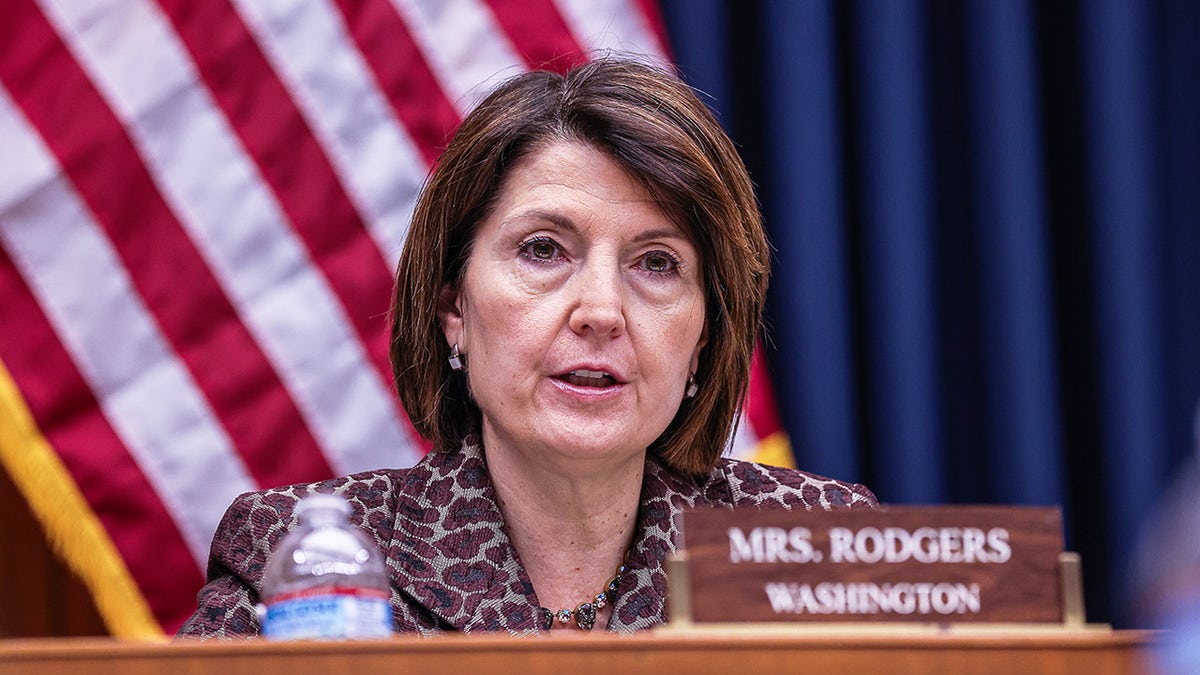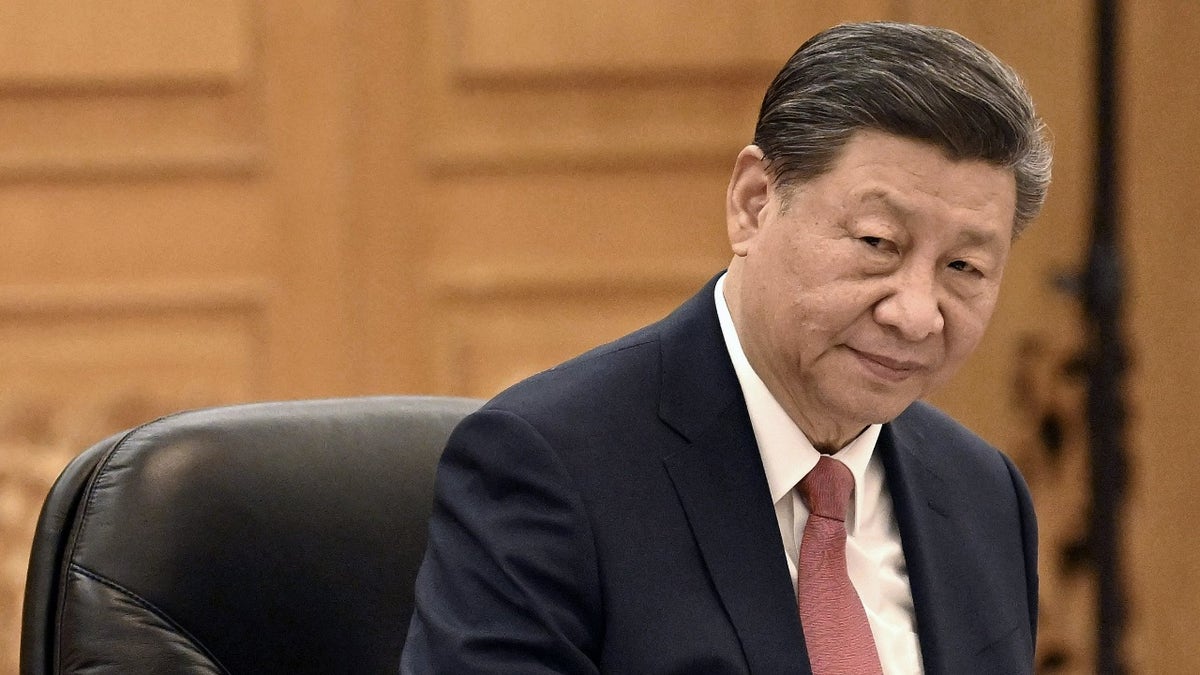Jesse Watters: Congress is in a data war
Fox News host Jesse Watters gives his take on the U.S. House passing a bill that would require TikTok to divest from ByteDance or face a nationwide ban on ‘Jesse Watters Primetime.’
The House of Representatives has unanimously voted to pass a bill blocking the sale of sensitive American user data to hostile foreign countries.
The Protecting Americans’ Data from Foreign Adversaries Act was introduced by House Energy & Commerce Committee Chairwoman Cathy McMorris Rodgers, R-Wash., and Rep. Frank Pallone, D-N.J. It advanced through Rodgers’ committee earlier this month in a unanimous bipartisan 50-0 vote.
The bill passed the House on Wednesday afternoon by a vote of 414-0.
According to the bill text, its purpose is "to prohibit data brokers from transferring sensitive data of United States individuals to foreign adversaries, and for other purposes."

House Speaker Mike Johnson is bringing a bill to the floor that would help keep Americans' sensitive data out of the hands of foreign adversaries. (Eric Kayne/USA Today Network)
The definition of "sensitive data" includes biometric data, private personal communications, log-in credentials, Social Security numbers, geolocation data and what, if any, status an individual has within the armed forces, among other information.
The limitations would apply to foreign governments like Russia, Iran or China, as well as individuals and entities they have influence over.
It’s part of a recent bipartisan push by Congress to protect American user data from overseas threats.
FORMER GOOGLE ENGINEER INDICTED FOR STEALING AI SECRETS TO AID CHINESE FIRMS

The bill advanced through Chairwoman Cathy McMorris Rodgers' House Energy and Commerce Committee in a 50-0 vote. (Valerie Plesch/Bloomberg via Getty Images)
Last week, the House passed a bill aimed at forcing Beijing-backed tech company Bytedance to divest from TikTok within 165 days or risk the social media platform being banned in U.S. app stores. That bill passed in a decisive 352-65 vote, with one lawmaker voting "present."
The legislation's authors have said it would also apply to other apps owned by a hostile foreign entity.
TikTok’s critics have long called it a national security threat. They have cited concerns about the Chinese government’s ability to leverage its power over Bytedance to access sensitive user data, even in the U.S., something the company has denied.
GOP LAWMAKERS PRESS TIKTOK CEO ON 'DELUGE OF PRO-HAMAS CONTENT' ON PLATFORM

Congress has recently rushed to crack down on China's access to American data.
CLICK HERE TO GET THE FOX NEWS APP
China hawks have also warned that the app’s popularity among young Americans gives the ruling Chinese Communist Party a platform for a mass influence campaign.
At the same time, lawmakers who are wary of the push to curb TikTok have cited First Amendment concerns and potential harm to small businesses that rely on it.













































